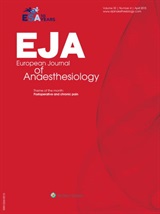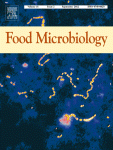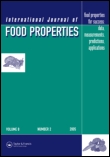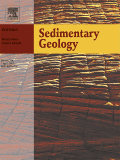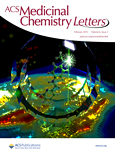 Desalination and Water Treatment has retracted a paper it published in January by a pair of Turkish researchers for “irregularities in the methodology and data management.”
Desalination and Water Treatment has retracted a paper it published in January by a pair of Turkish researchers for “irregularities in the methodology and data management.”
The article, “Molecular simulation of Zn2+, Cu2+, Pb2+, and NH4+ ion-exchange in Clinoptilolite,” investigated how well different natural forms of the zeolite Clinoptilolite remove heavy metals from wastewater. It came from the lab of Mehmet Göktuğ Ahunbay, of Istanbul Technical University, accompanied by first author Barış Demir.
According to the notice: Continue reading Data “irregularities” sink paper on water treatment
